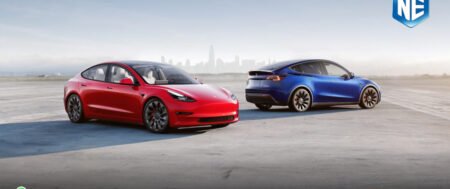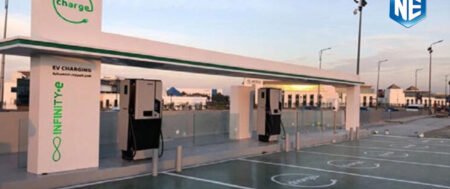With electric vehicles (EVs) becoming more popular worldwide, many drivers wonder: Do electric cars cost less to maintain than gasoline vehicles? The short answer is yes. This article will explore why EVs are cheaper to maintain, what components need servicing, and how much you can save over time.
Key Differences Between EV and Gas Car Maintenance
Electric vehicles have fewer moving parts than traditional internal combustion engine (ICE) cars. This leads to significantly lower maintenance needs. Here are some key differences:
- No oil changes: EVs don’t require engine oil.
- Fewer fluids: No transmission fluid or coolant replacements as frequently as in gas cars.
- Brake wear is reduced: Thanks to regenerative braking systems.
- No spark plugs or fuel filters: Which means fewer replacements and checks.

Maintenance Tasks Unique to Electric Cars
Although EVs need less maintenance, they still require attention in certain areas:
- Battery health checks: Monitoring the condition of the lithium-ion battery.
- Tire rotations: As with any car, tire wear must be managed.
- Brake inspections: Even with regenerative braking, traditional brakes need periodic checks.
- Software updates: Manufacturers often release performance or safety updates.
Long-Term Cost Comparison
Several studies show that EVs can save up to 40%–60% in maintenance costs over five years. Here’s why:
- Lower frequency of repairs.
- No engine-related issues.
- Less downtime at the workshop.
According to Consumer Reports, EV owners spend about $0.03 per mile on maintenance, while gas car owners spend $0.06 per mile.

Are EV Batteries Expensive to Replace?
Battery replacement can be costly, sometimes between $4,000 to $15,000, depending on the make and model. However, most EV batteries come with warranties up to 8–10 years, and degradation is slower than many expect.
Learn more about electric car battery replacement cost in our full guide.
Conclusion: Are Electric Cars Worth It?
Despite a potentially higher upfront cost, EVs clearly offer savings in the long run through reduced maintenance, lower fuel costs, and government incentives. If you’re considering switching to electric, maintenance savings alone make it a smart move.
For professional EV conversion and battery solutions, visit New Energy Egypt.






